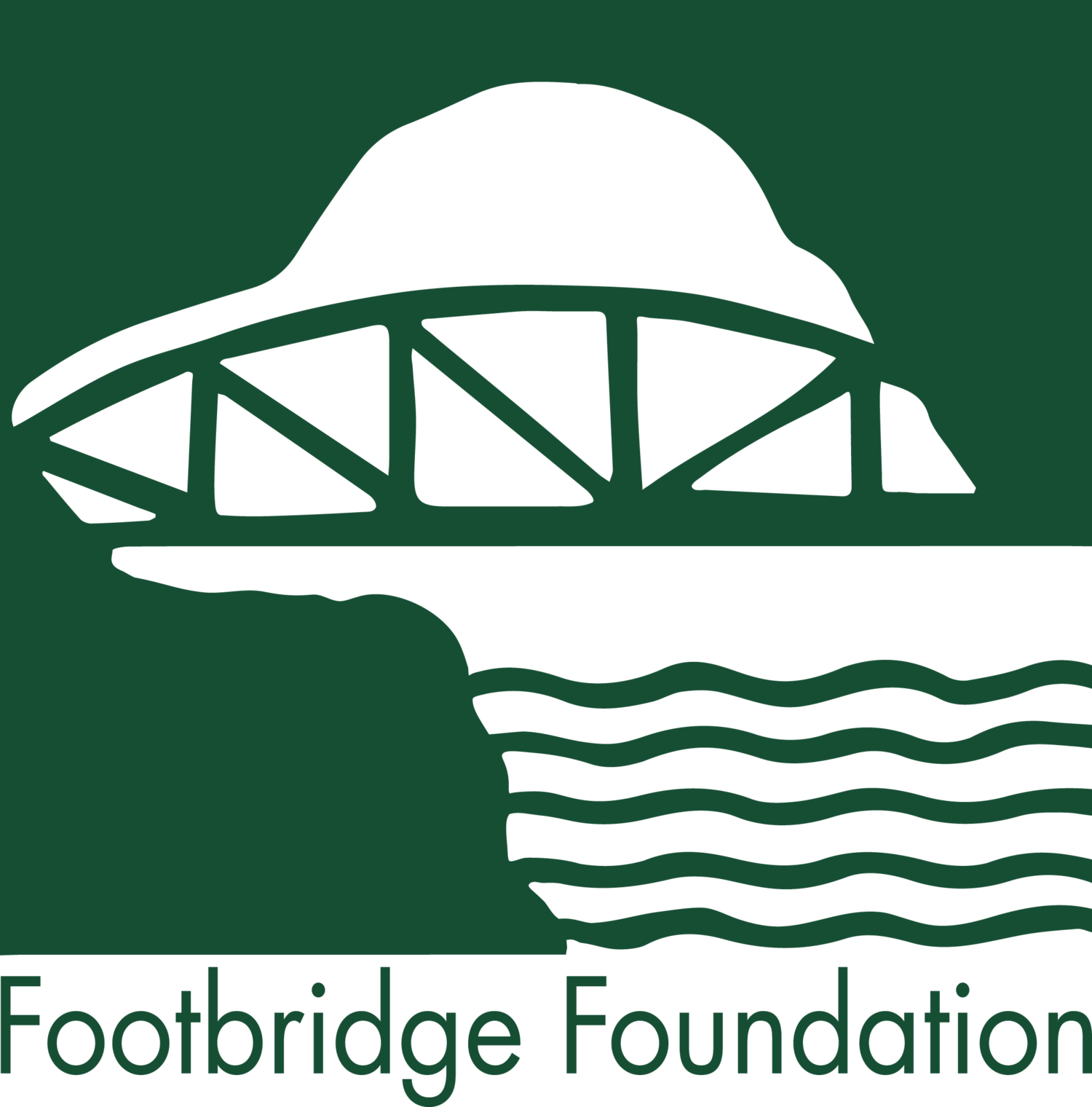TNR Services with Footbridge Foundation
Footbridge Foundation is pleased to offer a limited number of free TNR (Trap-Neuter-Return) surgery slots for City of San Antonio and non-city residents. To take advantage of this service, proof of address is required. Confirm your residency by checking your address here. Please note that if your council district is listed as 0 or if you reside outside San Antonio, you are ineligible for this service.
How to Request TNR Services
San Antonio residents can request TNR services by submitting an appointment request here. After submitting your request, you will receive further instructions and your appointment date via email.
Footbridge Foundation TNR Appointment Day
On the scheduled surgery day, bring the captured cats in traps to the designated location at 9:30 AM. The cats will undergo spaying/neutering, vaccination, and ear tipping. Pick-up time is at 3:00 PM.
Approved Traps
We can only accept traps from Tru Catch Traps to ensure the safety and effectiveness of our TNR program.
What is TNR?
Trap-Neuter-Return (TNR) is a crucial program for managing feral cat populations. This process involves capturing outdoor cats and kittens using humane traps, then transporting them to a spay/neuter clinic. At the clinic, each cat is spayed or neutered, vaccinated, and ear-tipped for identification. After the procedure and recovery, the cats are returned to their natural environment. This helps them coexist more peacefully within the neighborhood and leads to healthier, happier lives.
For more information on why TNR is beneficial, please visit this resource. To learn how to perform TNR, consider taking the San Antonio Feral Cat Coalition’s TNR class, available here.
Understanding Feral Cats
It's important to distinguish between "feral" and "stray" cats to ensure they receive the proper care. While both types of cats roam freely without a clear owner, their behaviors are quite different. Stray cats are generally comfortable with human interaction, often seeking out food or affection. They can usually be petted, picked up, and transported without much stress. In contrast, feral cats avoid human contact and behave more like wild animals. They tend to flee at the slightest approach and cannot be handled. Catching them requires humane traps, as they react aggressively when confined.
Servicios de TNR con Footbridge Foundation
Footbridge Foundation se complace en ofrecer un número limitado de espacios gratuitos para cirugías de TNR (Captura-Esterilización-Retorno) exclusivamente para residentes de la ciudad de San Antonio. Para aprovechar este servicio, se requiere una prueba de dirección. Confirme su residencia verificando su dirección aquí. Tenga en cuenta que si su distrito del consejo está listado como 0 o si reside fuera de San Antonio, no es elegible para este servicio.
Cómo Solicitar Servicios de TNR
Los residentes de San Antonio pueden solicitar servicios de TNR enviando una solicitud de cita aquí. Después de enviar su solicitud, recibirá más instrucciones y la fecha de su cita por correo electrónico.
Día de Cita de TNR con Footbridge Foundation
El día programado para la cirugía, traiga los gatos capturados en trampas al lugar designado a las 9:30 AM. Los gatos serán esterilizados, vacunados y se les realizará el proceso de corte de oreja. La hora de recogida será a las 3:00 PM.
Trampas Aprobadas
Solo aceptamos trampas de Tru Catch Traps para garantizar la seguridad y efectividad de nuestro programa de TNR.
¿Qué es TNR?
Trap-Neuter-Return (Captura-Esterilización-Retorno) es un programa crucial para gestionar las poblaciones de gatos ferales. Este proceso implica capturar gatos y gatitos al aire libre usando trampas humanitarias, luego transportarlos a una clínica de esterilización/castración. En la clínica, cada gato es esterilizado o castrado, vacunado y se le realiza el corte de oreja para identificación. Después del procedimiento y la recuperación, los gatos son devueltos a su entorno natural. Esto ayuda a que coexistan de manera más pacífica dentro del vecindario y lleva a una vida más sana y feliz.
Para obtener más información sobre por qué TNR es beneficioso, visite este recurso. Para aprender cómo realizar TNR, considere tomar la clase de TNR de la San Antonio Feral Cat Coalition, disponible aquí.
Entendiendo a los Gatos Ferales
Es importante distinguir entre los gatos "ferales" y "callejeros" para asegurar que reciban el cuidado adecuado. Aunque ambos tipos de gatos deambulan libremente sin un dueño claro, sus comportamientos son bastante diferentes. Los gatos callejeros generalmente están cómodos con la interacción humana, a menudo buscando comida o afecto. Por lo general, pueden ser acariciados, levantados y transportados sin mucho estrés. En contraste, los gatos ferales evitan el contacto humano y se comportan más como animales salvajes. Tienden a huir ante el menor acercamiento y no pueden ser manejados. Capturarlos requiere trampas humanitarias, ya que reaccionan de manera agresiva cuando están confinados.



